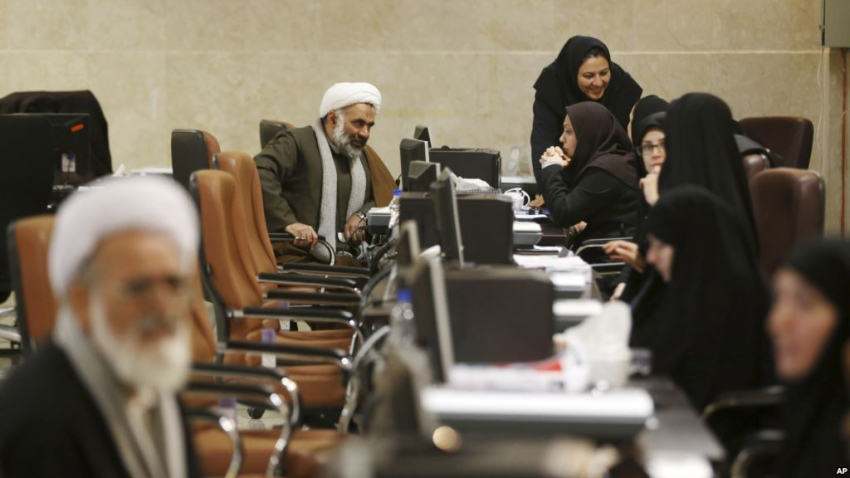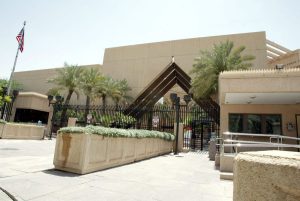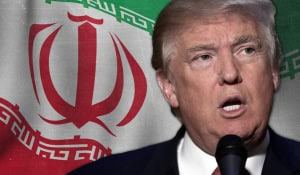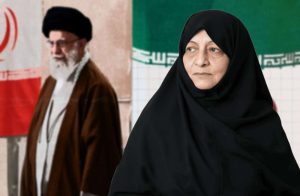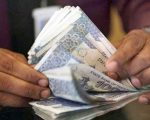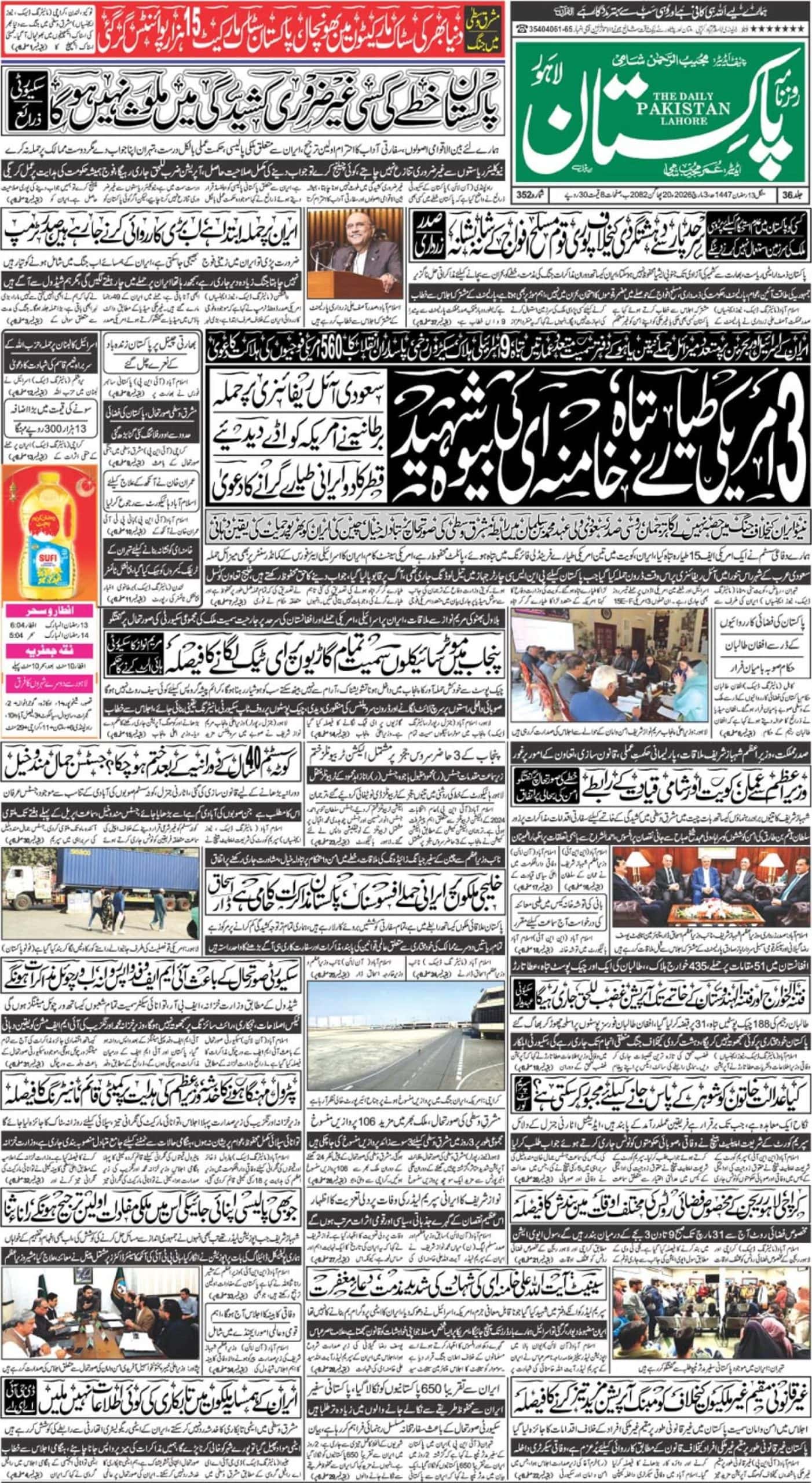TEHRAN (Web Desk) – Almost 12,000 candidates are going to take part in Iran’s February parliamentary election, breaking participation records in the Islamic Republic.
President Hassan Rouhani, a centrist who won election by a landslide in 2013 and championed Iran’s July nuclear deal with world powers, is hoping his supporters can take control of the 290-seat assembly and end years of dominance by conservative factions.
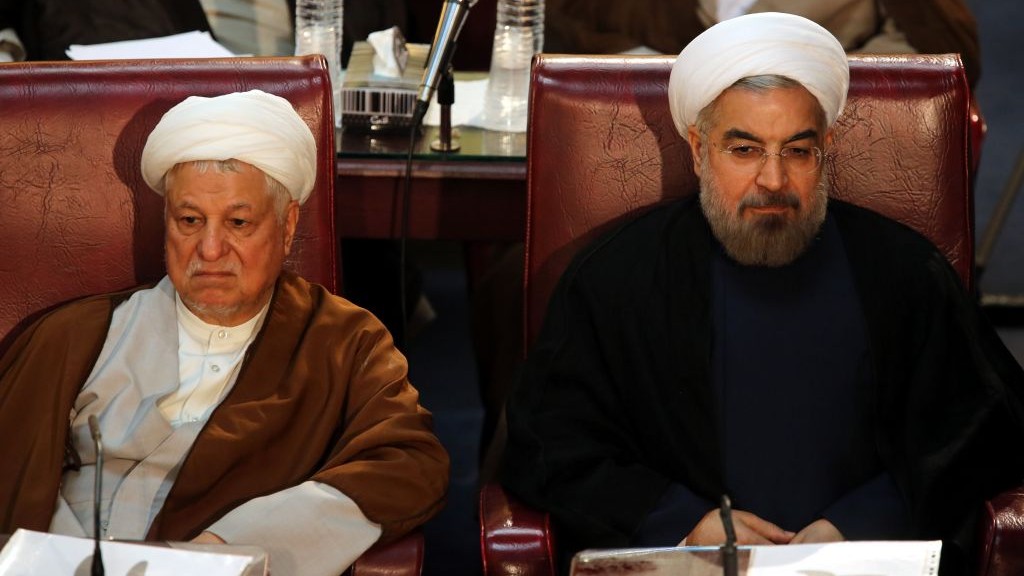
A supportive legislature could give Rouhani a stronger mandate to push through domestic reforms to increase social and political liberties – an area where his efforts have so far been checked by the judiciary and security forces.
Rouhani and his powerful ally, Akbar Hashemi Rafsanjani, are hoping to win a majority by cashing in on the popularity they gained from the deal to restrain Iran’s nuclear program in exchange for a lifting of sanctions crippling the economy.
Several former ministers from the cabinets of two ex-presidents, the reformist Mohammad Khatami and the conservative Mahmoud Ahmadinejad, are among the candidates.
The Guardian Council, an unelected judicial body that vets candidates on technical and ideological grounds, is likely to disqualify several thousand of them before voters go to the polls on February 26.
To pass the vetting procedure, candidates must have a Masters degree and support the principles of the Islamic Republic. Grounds for disqualification include rejecting Islam or having links to banned political parties.
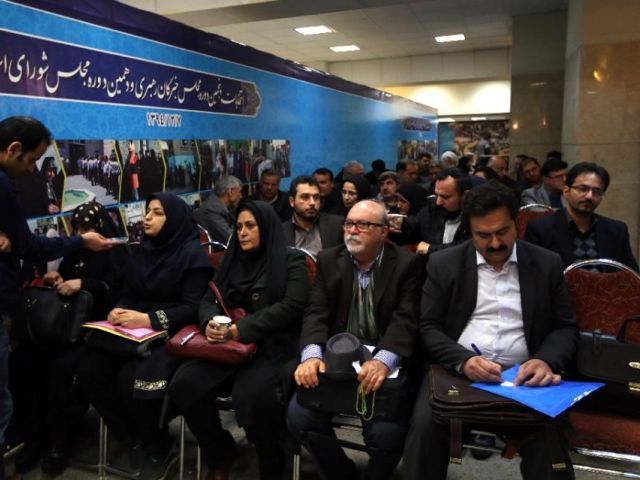
Around 5,200 candidates signed up for the last parliamentary elections in 2012, but more than a third were disqualified, leaving around 3,400 candidates on polling day.
Elections to the Assembly of Experts, an 88-seat clerical body that will select Iran’s next clerical Supreme Leader, will be held on the same day; 801 candidates including Rouhani and several of his prominent allies have signed up.

